 A set of five city council zoning bills was introduced this spring as the Housing Options and Opportunity Act. City agencies are studying them before sharing their recommendations with city council, which will then hold public hearings this fall. City council would have to vote on the bills by the end of the year to prevent them from expiring with this year’s legislative session.
A set of five city council zoning bills was introduced this spring as the Housing Options and Opportunity Act. City agencies are studying them before sharing their recommendations with city council, which will then hold public hearings this fall. City council would have to vote on the bills by the end of the year to prevent them from expiring with this year’s legislative session.
If enacted, four of the bills would impact the availability and types of housing throughout Baltimore, mainly by increasing the supply of smaller dwelling units, or apartments. A number of row houses in Bolton Hill are already apartment buildings, because they were converted to multi-unit properties during Baltimore’s industrial boom and the attendant housing demand of the mid-twentieth century. As the city declined in population by the late-20th century, the city’s zoning code restricted the ability of property owners to add dwelling units to their properties, making such occurrences rare in Bolton Hill today.
The proposed changes to the zoning code in the bills would loosen these restrictions. The two bills (25-0065 and 25-0066) that could have the most significant impact in Bolton Hill would allow property owners by right to add up to four apartments to a row house, depending on the lot size, without requiring a parking spot on the property for each one.
Requiring a parking spot for each apartment alleviates the strain on street parking, though it’s arguably become an outdated requirement because not everyone owns a car. Traditionally, BHCA, along with surrounding community associations, opposed changes to the zoning code that would ease conversions of single-family row houses to multi-family row houses.
BHCA’s perspective, Bolton Hill’s current housing ratio of roughly two apartments for every single-family home, is a healthy equilibrium, though there is openness to allowing by right the addition of a second dwelling unit to a single-family row house without requiring an on-property parking spot. Ideally, it would be owner-occupied.
Any city’s zoning code is an arcane part of city living, often attracting residents’ notice when it affects, or could affect, their own interests. Here’s an attempt to explain how the bills could affect the interests of three stakeholders, depending on their relationship to housing in Bolton Hill:
Renters. Anyone who rents an apartment or would like to rent an apartment could largely benefit from the proposed zoning changes. The bills would likely stimulate a greater supply of apartments throughout the city over time, providing more choices for renters and reducing their rents, though likely not in Bolton Hill. There would be more apartments in large apartment buildings as well as in smaller scale buildings such as row houses in Bolton Hill.
One downside of increasing the number of apartments in smaller scale buildings is that it can attract absentee property owners. Absentee property owners’ interest is to collect rental income while minimally maintaining their property, which negatively impacts the living conditions of their renters and of surrounding residents if trash and recycling are not attentively disposed of and the building is poorly maintained.
Homeowners. The proposed changes could, on balance, negatively affect the interests of homeowners. Existing homeowners of a single-family row house could more easily add one apartment to their property, perhaps a basement apartment, to help offset mortgage payments, but such rental income cannot be applied toward monthly payments when home buyers apply for a mortgage.
Prospective home buyers may also find single-family housing prices increase as the number of single-family homes on the market declines with more conversions to multi-unit properties. Families with larger housing needs may especially feel the pinch for viable housing. Homeowners’ property values may decline if the conditions of nearby homes converted to multi-unit properties deteriorate.
Developers or Investors. Any individual or business able to purchase, convert and rent or resell a single-family row house as a multi-unit property could profit from the proposed zoning changes. Distressed properties near Bolton Hill would be more prone to conversions since they are cheaper to purchase and convert. Developers’ or investors’ chief interest is to spend as little as feasible on a conversion, which could result in low-quality apartments for renters. Developers and absentee investors tend to be uninterested in the impact a conversion could have on the quality of life of surrounding residents, whose block could become congested with parked cars and smelly trash with each additional dwelling unit.
Everyone who resides in Bolton Hill should have an interest in these zoning bills. Stay apprised of their progress and contact your council member (contact your city council representative) to express your views. Eleventh District Council member Zac Blanchard is a sponsor of the package. His district includes Bolton Hill south of McMechen Street. Seventh District Council Member James Torrence, who represents the rest of the neighborhood, has expressed opposition.
—David Nyweide
